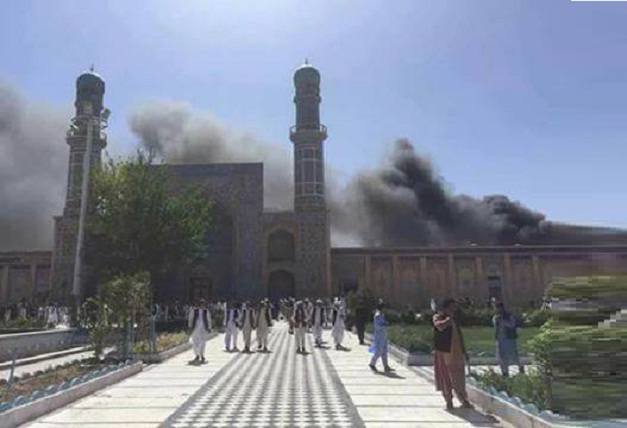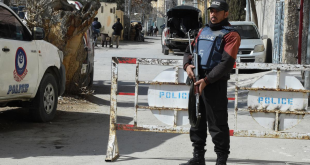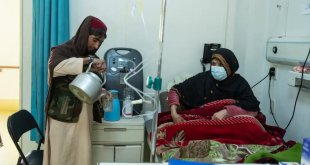AT Monitoring Desk
KABUL: According to a new study, the world became “very slightly” more peaceful for the first time in five years, but remains “considerably less peaceful now” than a decade ago due to conflicts in the Middle East, a rise in terrorism, increasing numbers of refugees, and other factors, REF/RL reported Wednesday.
The Institute for Economics and Peace’s annual Global Peace Index published on June 12 ranked Iceland as the world’s most peaceful country for the 11th year in a row.
The country is joined at the top of the index by New Zealand, Austria, Portugal, and Denmark.
Afghanistan is at the bottom of the index, replacing Syria, which is now the second-least peaceful country in the world, according to the Australia-based think tank. They are followed by South Sudan, Yemen, and Iraq.
In Afghanistan, the Taliban and other militant groups continue to launch near-daily attacks on Afghan security forces, government forces, and civilians, even as peace efforts have been gaining momentum to put an end to the almost 18-year-long war.
The Institute for Economics and Peace said the greatest increase in peacefulness occurred in the Russia and Eurasia region, where “the number of deaths from conflict declined, owing to the de-escalation of violence in Ukraine,” which is ranked 150th out of 163 countries in the 2019 Global Peace Index.
Since April 2014, some 13,000 people have been killed in fighting between Ukrainian government forces and the Russia-backed separatists who control parts of Ukraine’s eastern regions of Donetsk and Luhansk. Cease-fire deals announced as part of the Minsk peace accords have contributed to a decrease in fighting but have failed to hold.
The economic impact of violence on the global economy in 2018 represented 11.2 percent of the gross world product, according to the study.
The index is based on 23 indicators that included internal and external conflicts, military spending, terrorism, murder, and other crime rates.
 Afghanistan Times
Afghanistan Times




